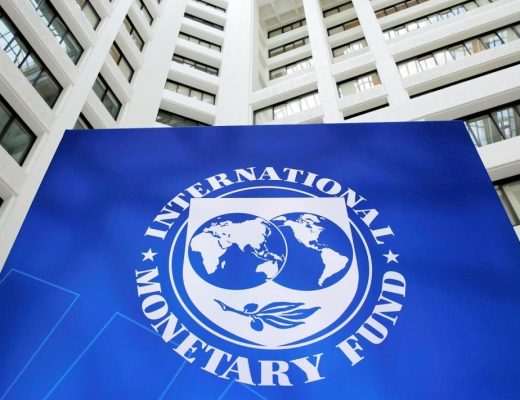The UK economy is still under inflationary pressure
In 2022, the world faced a rapid rise in inflation that shook even the world’s most stable economies. Central banks resorted to unpopular but effective measures, including interest rate hikes, in an attempt to stem the tide. Such a move severely tested markets and put enormous pressure on consumers. The UK economy, for example, which is still recovering from the crisis year, suffered.
UK economic outlook
A British analytical centre has conducted a market study and made a forecast for 2024. According to its findings, the country’s economy will experience volatility in the coming years, affecting growth dynamics. The experts cite rising interest rates and unemployment as the main factors behind the slowdown. The UK managed to avoid recession in 2023, but the risk will remain in 2024. The probability of a slowdown in economic growth currently stands at 60%. Interest rates will reach 5.5%, negatively impacting the prospects for a local market recovery.
The UK managed to avoid recession in 2023, but the risk will remain in 2024. The probability of a slowdown in economic growth currently stands at 60%. Interest rates will reach 5.5%, negatively impacting the prospects for a local market recovery.
Analysts also predict a jump in borrowing costs and rising unemployment. Meanwhile, inflation will remain high. All this will exacerbate inequalities in income and quality of life.
According to the Centre’s projections, by 2024:
– the income of low-income households will fall by 17% over the next five years;
– rich households will see their incomes fall by 5% over the same period;
– wages will rise faster than inflation;
– in 2024, unemployment will increase to 4.7%;
– unemployment is likely to rise to 5.1% in 2025. This compares with an unemployment rate of 4.1% in 2022.
IMF forecast
In 2023, the IMF published its forecasts for the UK economy. According to them, the country’s GDP will grow by 1% in 2024 and 2% in 2025 and 2026. The International Monetary Fund cited rising demand and reasonable wage growth in the country as favourable trends in the local market.
In addition, the government is trying to make the fiscal policy as favourable as possible, which is conducive to business development in some sectors. The inflation rate will be around 5% in 2023 and is likely to gradually decline towards the 2% target by 2025. For this to happen, however, the regulator will have to maintain a tough stance, which implies high interest rates.
Analysts also point to the volatility of energy prices, which causes fluctuations in the UK and global economy.










